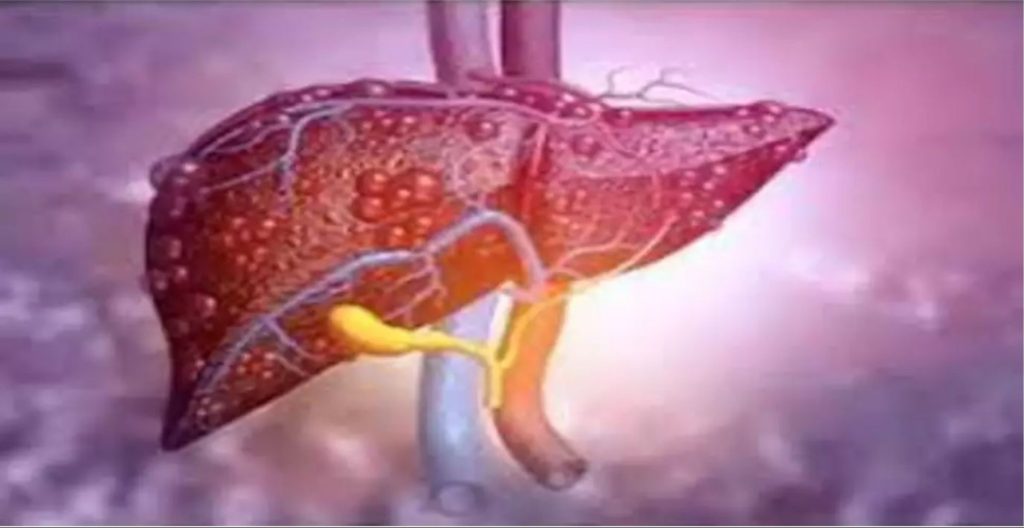The advances in artificial intelligence (AI) technology could revolutionize Hepatocellular carcinoma (HCC) diagnosis, leading to earlier detection and improved patient outcomes.

Pic: Social Media
HCC is the most common type of liver cancer. It is a major global health concern with rising rates, particularly in North Africa and East Asia. To subscribe please click tau.id/2iy6f and access our live channel.
The Barcelona Classification of Liver Cancer (BCLC) guides treatment based on tumour characteristics and liver function.
ALSO READ: Spy uses AI to Rise Against Rival Nation
Although potentially curable in the early stages, HCC often remains undetected until it’s too late for effective treatment.
Recent advancements in AI, particularly deep learning (DL) and neural networks, offer significant potential for improving HCC diagnosis, the study authors said in a paper published in eGastroenterology.
AI models can analyse large amounts of imaging data, identify subtle patterns missed by human eyes, and provide objective, consistent results.
AI-powered diagnosis can significantly improve early detection rates, leading to more patients receiving treatment, improved patient survival rates and reduced healthcare costs.
Researchers are actively exploring the potential of AI in various aspects of HCC diagnosis. Development of AI-powered tools for personalized medicine, integrating AI with imaging technologies, and utilising AI for monitoring treatment response are amongst many.



